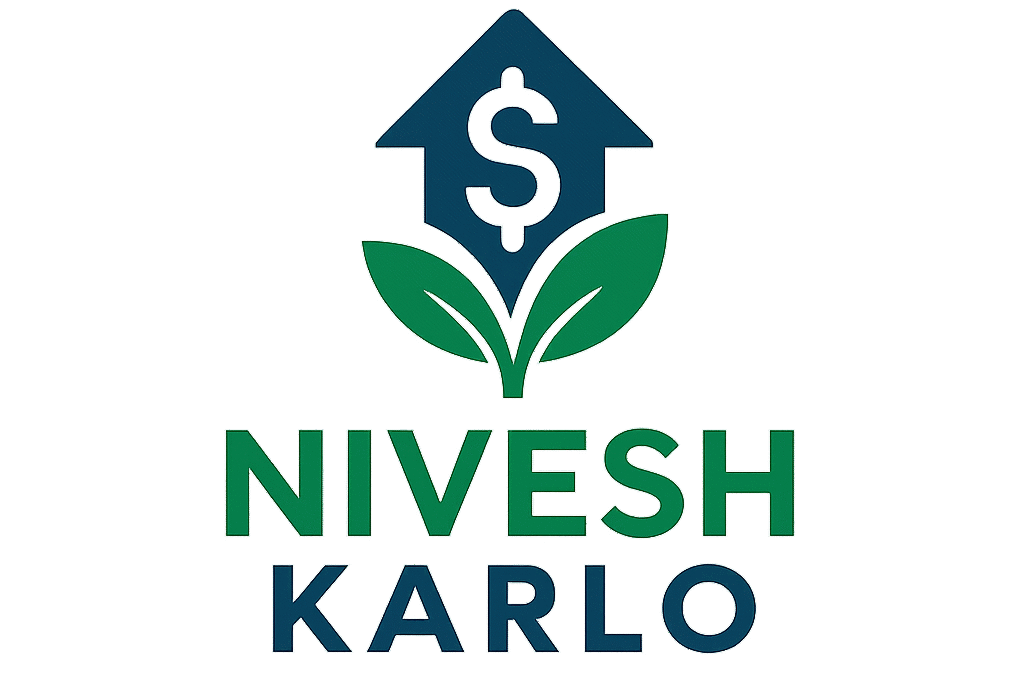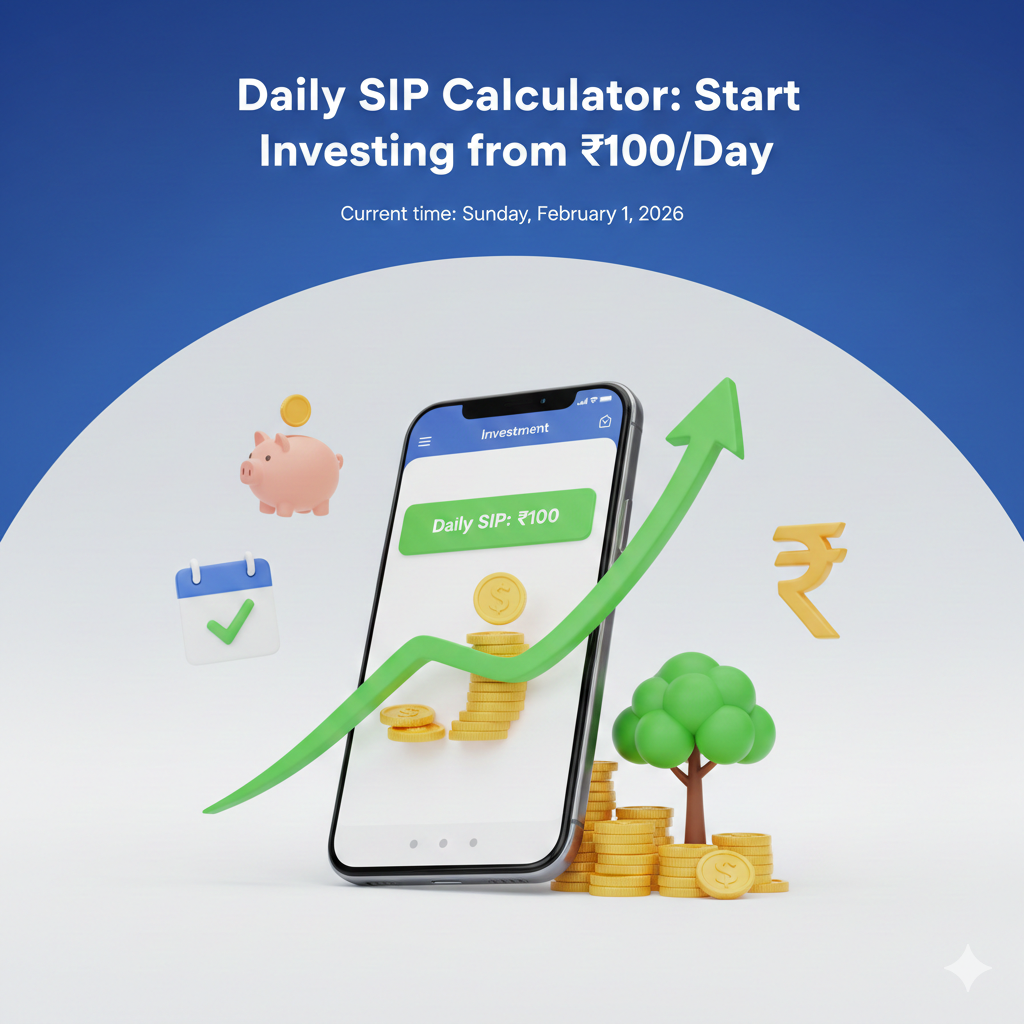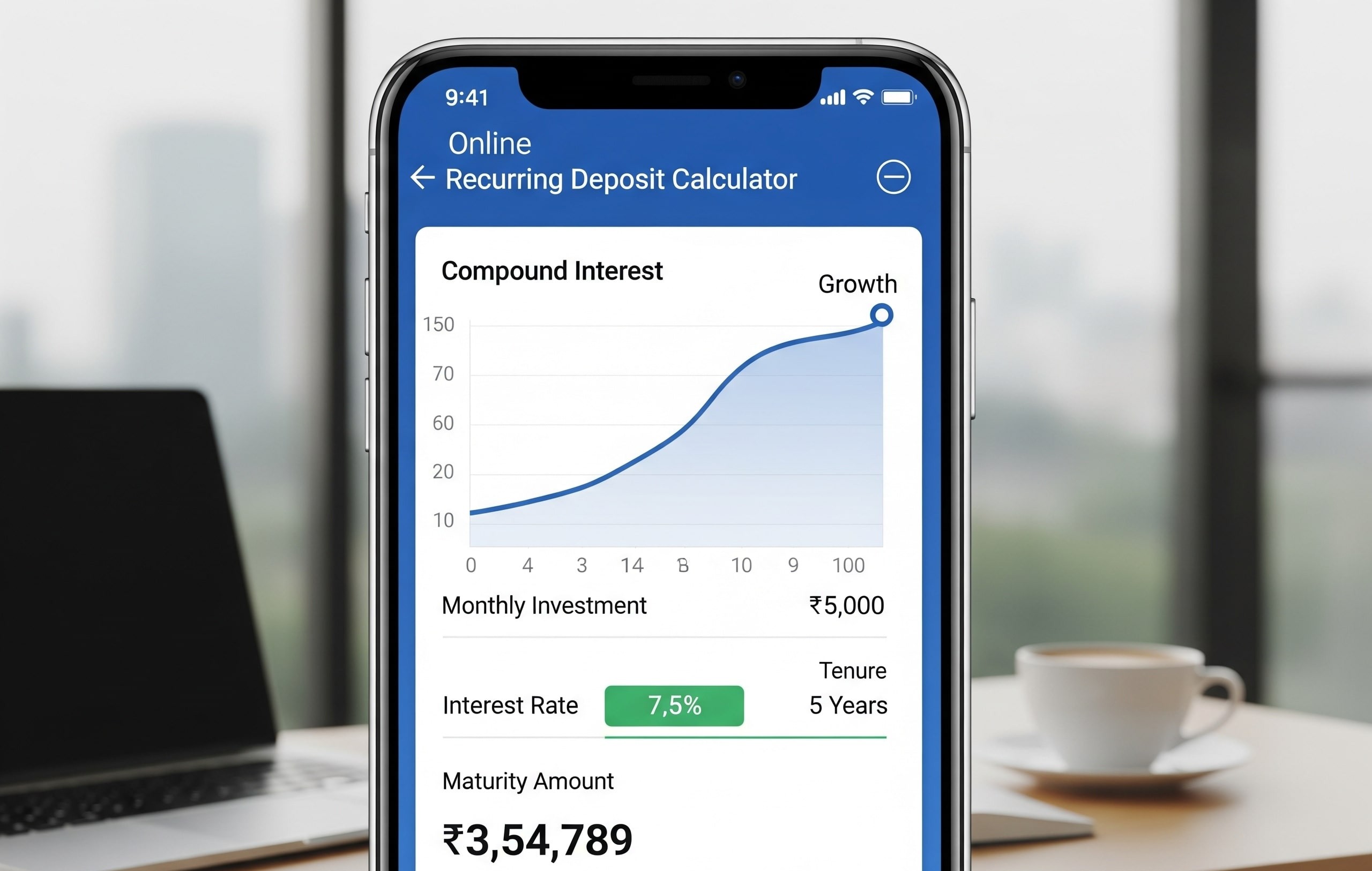A credit card has a predetermined credit limit that can only be used once per month by the cardholder. However, the majority of banks offer the option of loans against a credit card if you need money right away. In this circumstance, you have the option to borrow money up to your credit limit. Your account will receive the credit for the limit once the bank approves your loan request. The bank charges a specific credit card loan interest rate for loan repayment. This loan may be repaid in Equated Monthly Installments (EMI) over a predetermined time frame.

What is the Eligibility for Credit Card Loan?
The majority of credit card debt is unsecured, which means that no collateral is required to secure the loan. Only a small number of cardholders are therefore qualified for the loan. Issuers are very strict when it comes to the qualifications for credit card loans. The cardholder must possess both a solid credit history and a good pattern of purchases and repayments in order to be eligible to apply for a loan on a credit card.
Amount of Loan
On a credit card, the amount that can be borrowed is typically based on the credit limit. Additionally, some issuers offer loans that exceed the credit limit and do not deduct from the credit limit when they are taken out. You will also be able to borrow money to pay for your purchases and repay it with EMIs starting with a minimum purchase amount of Rs. 2000.
Read: What is the Canara bank car loan interest rate?
Characteristics of a Credit Card Loan
Numerous banks offer comprehensive loan programs for credit card loans. The following is a list of some attributes of a credit card loan.
- You don’t need to submit any additional documentation because the majority of credit card loans are pre-approved; the loan will still be processed quickly.
- Thanks to the issuers’ EMI programs, you can break up your expensive purchases into straightforward, manageable payments.
- Balance transfers on EMI, which let you transfer the outstanding balance on several credit cards to just one card while still paying the EMI, are another service provided by some banks for loans secured by credit cards issued by other banks.
- The option to borrow up to or more than your credit limit is also provided by issuers.
Also Read: A Complete Guide on Best student loan for studying Abroad
Benefits of a Credit Card Loan
- Because most credit card loans are pre-approved and unsecured, you don’t need to provide any documentation or security to get one.
- With a credit card loan, you can choose to divide your pricey purchases into manageable monthly payments.
- Most issuers also give you the option of consolidating all outstanding balances from various cards onto a single card and paying with EMIs.
- In contrast to other loans, a credit card loan is straightforward to apply for and is approved quickly due to pre-approval.
- Typically, guarantors and post-dated checks are not necessary for credit card loans.
Which will be the Best Banks for Credit Card Loans for you?
The ability to borrow money using a credit card is offered by many banks. The top banks in the country that provide credit card loans are:
HDFC Credit Card loan
Aside from that, HDFC Credit Card Loan offers pre-approved loans on credit cards that are restricted by your credit limit. The HDFC Credit Card Loan has a Rs. 5,00,000 maximum loan amount and a 1.25% interest rate. With a maximum length of 48 months or 4 years, the bank offers a range of tenure options. No additional paperwork is needed because the loan has already been pre-approved, and the money is credited to your savings account almost immediately.
IDBI Bank
A general credit card loan is also available from IDBI Bank on your credit card.
From 50,000 to 5 lakh rupees are offered as loan amounts. The interest rate is based on the bank’s base rate and payments may be spaced no more than five years apart. Anyone who is employed as an entrepreneur in a non-farm setting is eligible for this loan.
Kotak Mahindra Bank
You can obtain a loan on a Kotak Mahindra Bank credit card for up to Rs. 5 lakh at competitive credit card loan interest rate. Terms for repayment can range from six months to four years. After the loan has been requested and accepted, the money is immediately credited to your savings account at Kotak Mahindra Bank or any other bank. Credit card loans are only available to customers with strong credit histories, dependable payment histories, and consistent transaction patterns.
Also Read: A Comprehensive Guide on short term loans
IndusInd Bank
Another loan option from IndusInd Bank is a credit card loan that doesn’t require any paperwork. When you use your IndusInd credit card, a loan that has been pre-approved is given to you. You might be able to borrow up to your credit limit or even more depending on your needs. Competitive interest rates and adjustable tenure options are available with the credit card loan.
Obtain Credit Card Loan Comparisons from Various Banks
| Bank/Card Issuer | Quantum of Loan | Tenures | Disbursal Mode and Time | Interest Rate |
| HDFC | Within or above the credit limit | depending on the type of loan, 12 to 60 months | Credited to HDFC Savings account | Competitive |
| IndusInd Bank | Depending on the credit limit | Ranging from 6 to 36 months | Credited to the savings account | As per the schedule of charges |
| Standard Chartered | Up to Rs.5 Lakhs | Ranging from 12 to 60 months | Credited in the account within 2 days | Starts from 1.17% per month |
| HSBC | The minimum is Rs.2000 | Multiple tenure options | Within 15 days of purchase, it is possible to convert to an EMI | 15% to 21% per annum |
Your credit card application won’t be approved unless you meet certain requirements. Depending on the bank or credit card, the parameters might change. If your application doesn’t meet the bank’s requirements, it could be rejected.
Your credit score may suffer if this takes place.
To obtain a credit card in India, you must meet certain criteria.
- A minimum age of 18 is required for applicants.
- It is necessary to earn a minimum salary of between Rs. 1 lakh and Rs. 3 lakh.
- The candidate must be either self-employed or employed for a salary.
Credit Card Eligibility Requirements
- The minimum age requirement is 18 years old. However, some banks have a minimum age requirement of 21 years old. Additionally, the maximum age requirement varies, but is typically 60 or older.
- Annual Salary: Your eligibility to use a particular card is determined by your yearly income. In India, a minimum annual salary of about Rs. 3 lahks is needed to apply for a credit card. However, it’s best to confirm this requirement with your bank because it varies depending on the card issuer you select.
- Citizens, residents, and non-residents may apply, regardless of their nationality or place of residence. There are some cards, though, that is only accessible to Indian citizens.
You must carefully review the requirements before requesting a card. To increase your chances of being accepted, be sure to check off each requirement on the checklist.
Also Read: Student loan calculator: A Complete Guide
Your Credit Card Eligibility Considerations
In addition to the requirements listed above, the following factors also affect your eligibility:
- Credit score: Having a high credit score increases your chances of obtaining a credit card. A low score will probably result in the rejection of your application. A credit score of 750 to 900 is considered good.
- Existing Debt: Your credit utilisation ratio will also be taken into account by your card issuer. Your application’s approval may be impacted if your debt is higher than the allotted maximum.
- Employment: Your employment status has an impact on your eligibility as well. Your chances of obtaining a credit card can be greatly increased by remaining at your current job for longer than a year.
- Location: When evaluating your application, banks also take into account where you are located. Only people who live in certain cities can get certain cards.
Required Documents for Credit Card Applications
The supporting documents you must submit with your application will vary from bank to bank. However, the following is a list of some of the fundamental documents you must submit:
- filled-out application
- passport-sized pictures
- Identity documentation, such as a copy of a passport, PAN, or Aadhaar
- Proof of residency (bills for utilities, a driver’s license, a PAN, an Aadhaar, etc.)
- Latest salary slips
- Form 16
- Bank statements
FAQs on Loan on Credit Cards
Q. How do credit card loans operate?
Ans. With a cashless transaction, you are effectively borrowing money from the card issuer. You can obtain loans in a similar manner based on your credit limit. For the loan, you will pay a specific credit card interest rate.
Q. Is it possible for everyone to obtain a loan using their credit card?
Ans. No. Every issuer has set eligibility requirements for credit card loans. Only select cardholders are eligible for this facility based on their credit history and standing.
Q. What are the drawbacks of credit card loans?
Ans. The interest rate will be significantly higher, and you risk facing severe penalties if you don’t make your payments on time.
Q. What paperwork do I need to apply for a credit card loan?
Ans. Most credit card loans are pre-approved and don’t need any kind of security. When requesting a loan on a credit card, you are not required to provide any supporting documentation.
Q. What are some of the elements that might affect my ability to obtain a credit card loan?
Ans. Select cardholders with good credit ratings and exemplary credit repayment histories are given this loan by the issuers. Additionally, over the years, rising income levels have a favourable impact on your eligibility.
Q. What distinguishes a credit card cash withdrawal from a credit card loan?
Ans. The main distinction is that the cash withdrawal limit is lower than the credit card loan limit. Additionally, the interest rates for cash withdrawals are typically higher than those for credit card loans.
Q. What additional fees will there be for a credit card loan?
Ans. A processing fee will be charged to you. If you choose to foreclose on the loan, you might also be subject to a pre-payment penalty.
Hello there, my name is Phulutu, and I am the Head Content Developer at Nivesh Karlo. I have 13 years of experience working in fintech companies. I have worked as a freelance writer. I love writing about personal finance, investments, mutual funds, and stocks. All the articles I write are based on thorough research and analysis. However, it is highly recommended to note that neither Nivesh Karlo nor I recommend any investment without proper research, and to read all the documents carefully.





Leave a Reply